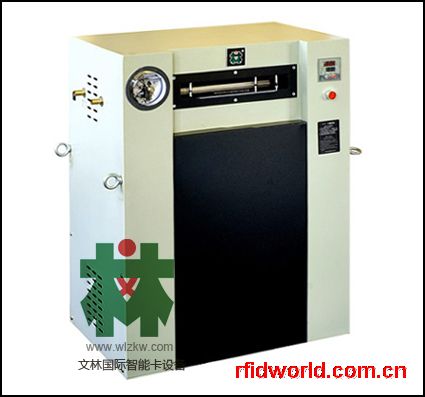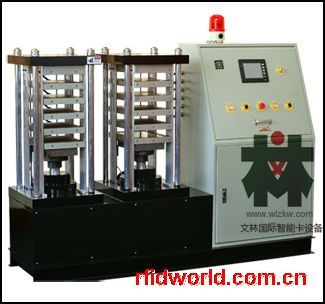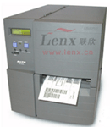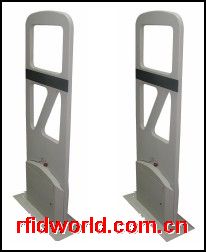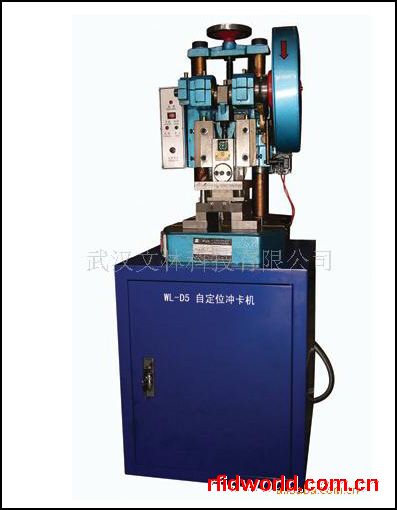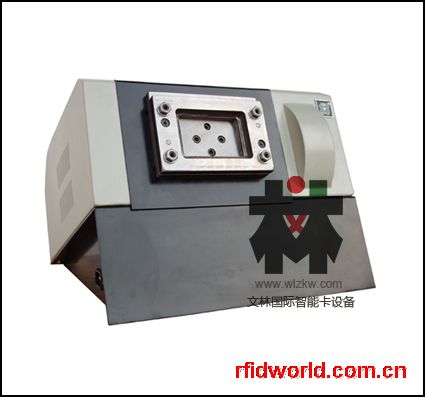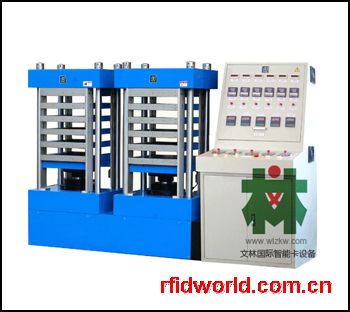FDA支持RFID标签跟踪处方药物
(美国)食品及药物管理局把射频识别技术看作是跟踪、控制和识别处方药物的最好的方法,预期将三年之内在供应链中广泛使用RFID标签识别处方药物。处方药物厂商普遍支持此计划,由核心厂商、发行人以及全国药物连锁店协会决定Accenture作为他们的RFID计划的管理人员。
The U.S. Food and Drug Administration views radio frequency identification technology as the best way to track, control and identify prescription drugs and anticipates the widespread use of RFID tags to identify prescription drugs in the supply chain within three years.
Prescription drug manufacturers, in general, back the plan, with key manufacturers, distributors and the National Association of Chain Drug Stores settling on Accenture Ltd. to serve as their RFID program manager.
The FDA, in a report released Wednesday on combating counterfeit drugs, called RFID tags the most likely technology to bring about "mass serialization" of prescription drugs. The FDA defined mass serialization as "assigning a unique number (the electronic product code or EPC) to each pallet, case and package of drugs and then using that number to record information about all transactions involving the product."
The FDA report added that the tagging technology would then provide an "electronic pedigree" from the point of manufacture to the point at which the drugs are dispensed. This unique number would allow each drug purchaser to immediately determine a drug's authenticity, where it was intended for sale, and whether it was previously dispensed, the FDA said.
The agency laid out a timeline to test and adopt the use of RFID throughout the prescription drug industry, with feasibility studies set for this year and the use of RFID tags at the case and pallet level throughout the supply chain by 2007.
The FDA added in an appendix to the report that Wal-Mart Stores Inc. in Bentonville, Ark., plans to use RFID to track all bottles of controlled substances (such as narcotics) dispensed by its pharmacies this year. Wal-Mart has mandated that its top 100 suppliers use RFID tags at the case and pallet level by January 2005.
FDA Commissioner Mark McClellan said in a statement that the report "shows how to achieve modern, comprehensive security protections for our drug supply that can keep pace with the increasingly sophisticated threats we face. FDA will not rest until we have strong protections in each link in the drug supply chain, and we intend to work with all of those involved in getting medicines to Americans legally and safely to make sure that Americans are protected."
McKesson Corp. in San Francisco, backed the FDA report and the use of RFID tracking systems. The company said in a statement that it believes "electronic tracking capabilities will significantly enhance counterfeit prevention efforts and negate the need for an ineffective and potentially fraudulent paper pedigree trail." McKesson said it has already started to use RFID technology for its distribution operations.
The National Association of Chain Drug Stores in Alexandria, Va., said in a statement that it supports the development and wide-scale use of technologies such as RFID that could ease the task of authenticating business transactions and make the copying of medications more difficult.
Dr. Jean-Pierre Garnier, CEO of pharmaceutical manufacturer GlaxoSmithKline PLC in London, said in a statement that his company's "long-term goal is the development of an electronic product code that will help track, trace and authenticate medicines through the whole distribution system." But, he said, "this is a daunting technological task that could take at least three to five years."
Garnier said one of the most significant issues related to developing such systems is the development of systemwide standards and infrastructure, so a medicine can be tracked across the entire supply chain.
The FDA report calls for the establishment of standards by teams throughout the industry, from manufacturer to retail and hospital pharmacies. These standards would include serial numbers, communications protocols, reader requirements, information network requirements and database structures.
Accenture Ltd., a consulting firm in Hamilton, Bermuda, said in a statement that it would act as the RFID program manager for a group of pharmaceutical manufacturers, distributors and retailers. That group includes Abbott Laboratories, Barr Pharmaceuticals Inc., Cardinal Health Inc., CVS Corp., Johnson & Johnson, McKesson, Pfizer Inc., Procter & Gamble Co. and Rite Aid Corp.
Accenture said it would explore the application of EPC and RFID technologies in three areas: enhancing the safety and security of the pharmaceutical supply chain; improving the management of pharmaceutical returns; and increasing the efficiency of distribution operations. The group also plans to help encourage use of the new EPC digital identification standard throughout the pharmaceutical industry.
Copyrighted by BIO-IT WORLD


 登录
登录
 注册
注册

